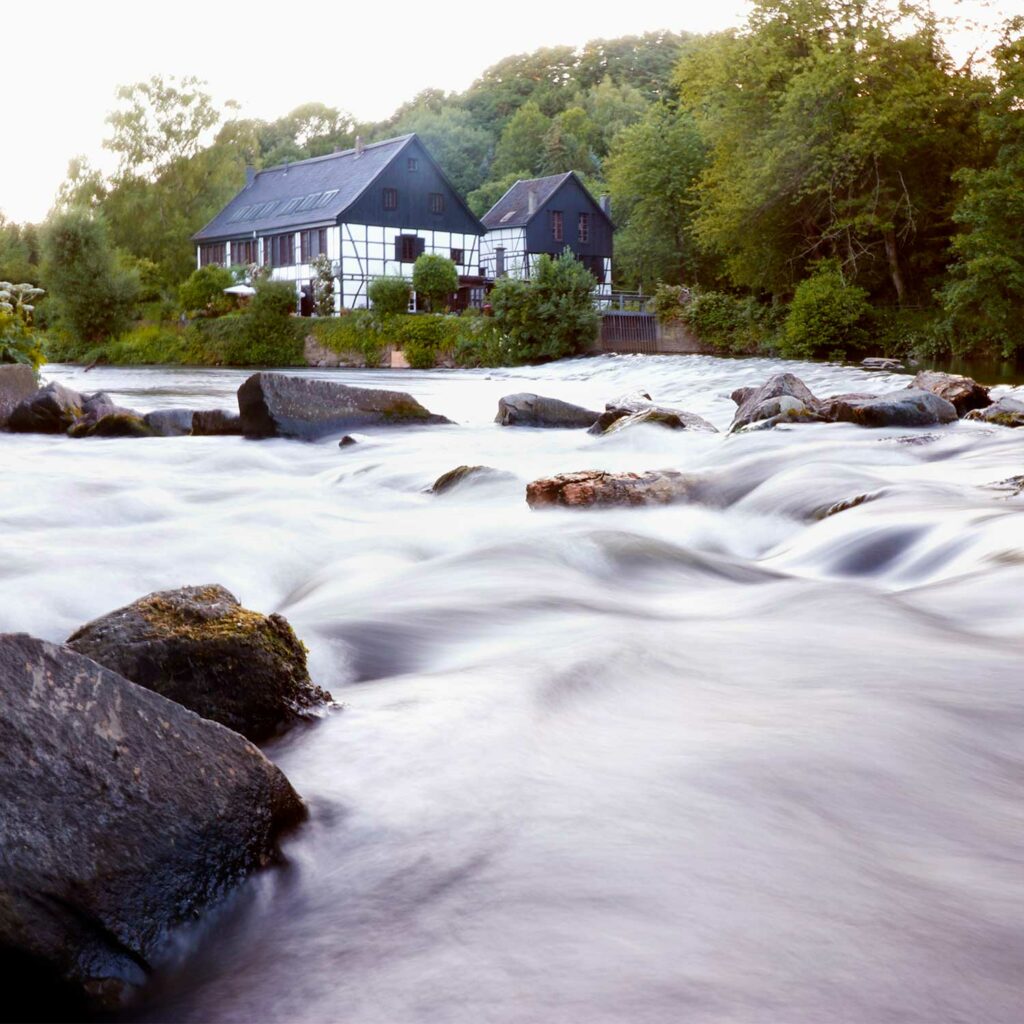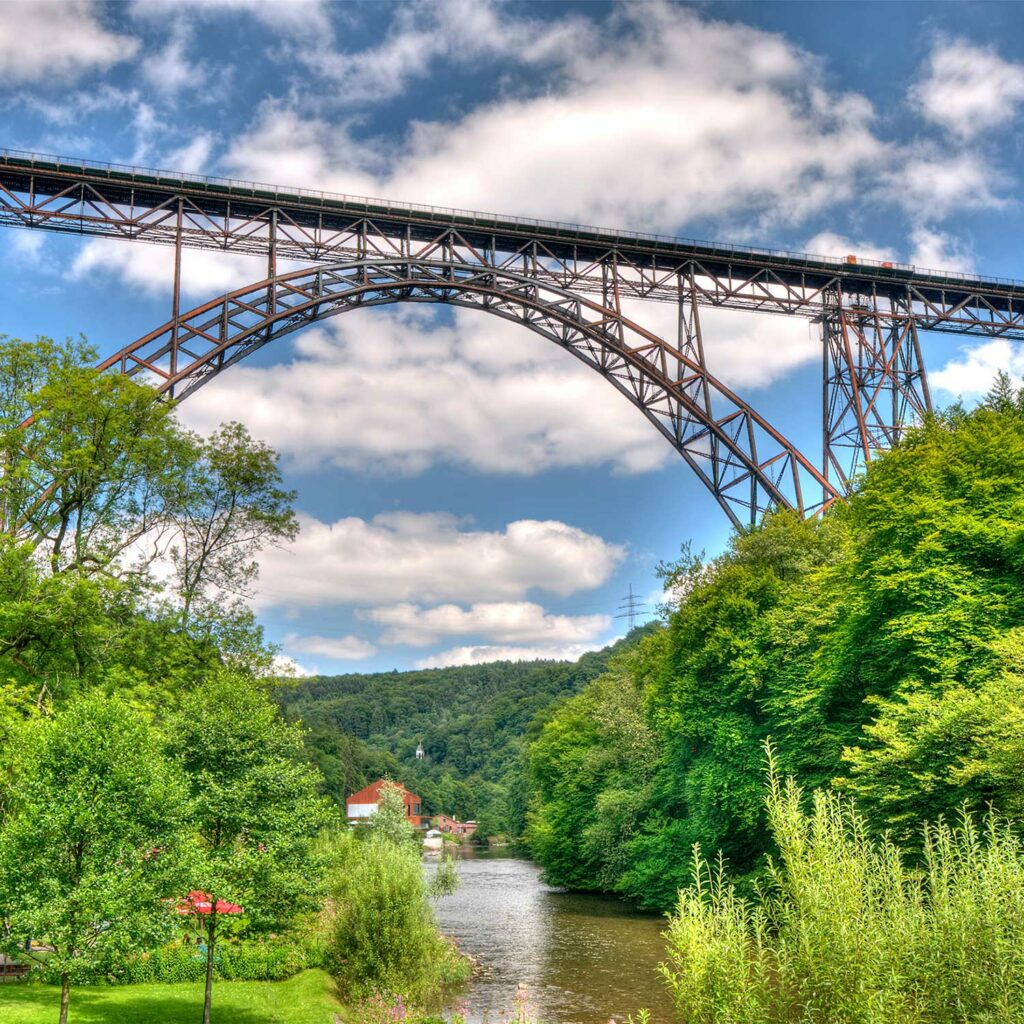The Bergisches Land is rich in history and industrial culture, which unites the three cities of Remscheid, Solingen and Wuppertal. The mountainous landscape has always been a good breeding ground for innovative ideas and products.
Wuppertal became known for its excellent reputation as a location for tool development, fabrication, mechanical engineering and steel forming. The name “sea town on the mountain” testifies to the fact that these products were exported all over the world. The origin was formed by the numerous cottages that settled along the Wupper. They used the water power of the river for their forges.
We proudly look back on a history of more than 70 years.
Erwin Bürgel KG
Erwin Bürgel
Erwin Bürgel KG
Elisabeth Bürgel
Erwin Bürgel eK
Joachim Bartsch
EB Fleischerei Werkzeuge GmbH
Jens Bartsch – Managing Partner


Water-rich rivers and streams, extensive forests, as well as iron ore from the nearby Siegener Land – these conditions were the basis for the iron processing industry in the Bergisches Land and thus also for the tool industry in this region.
Due to a centuries-long tradition of peasant craft tool production and supra-regional trade relations, sickles and scythes were the main products from the end of the Middle Ages until the 17th century. After that, the small blacksmith’s trade with an extensive range of tools became the most important branch of industry in the Bergisches Städtedreieck. In 1845, countless blacksmiths offered more than 2000 different types of tools and small iron items: Gouges, drills, files, hammers, saws, pliers, screws, skates, irons, coffee grinders and much more. Exports went all over the world.
These first beginnings of factory tool production led to the conversion to industrial production at the beginning of the 20th century. At that time, the Bergisches Land region had clearly developed into Germany’s largest tooling center. It resulted in Remscheid being the third largest export city in Germany after Hamburg and Berlin until the beginning of the First World War.